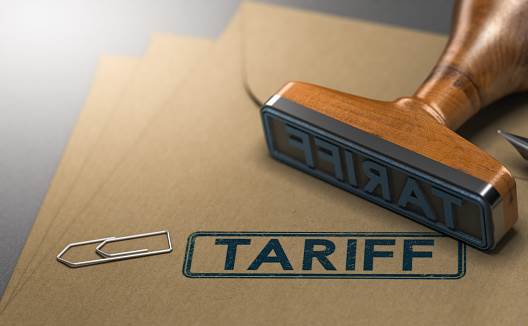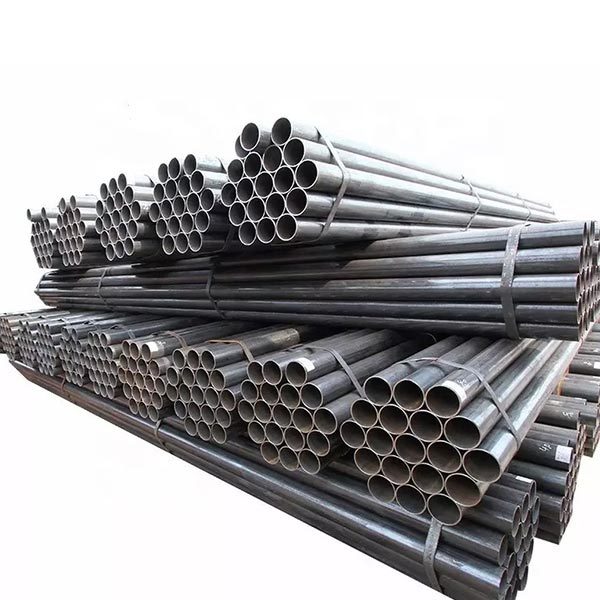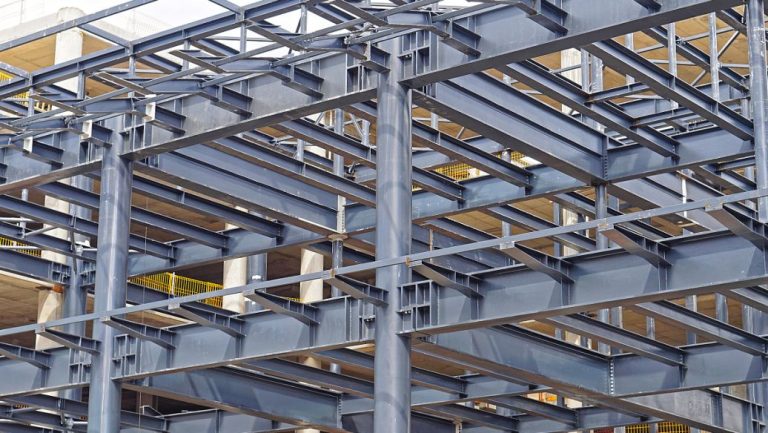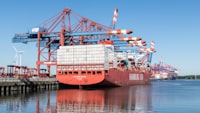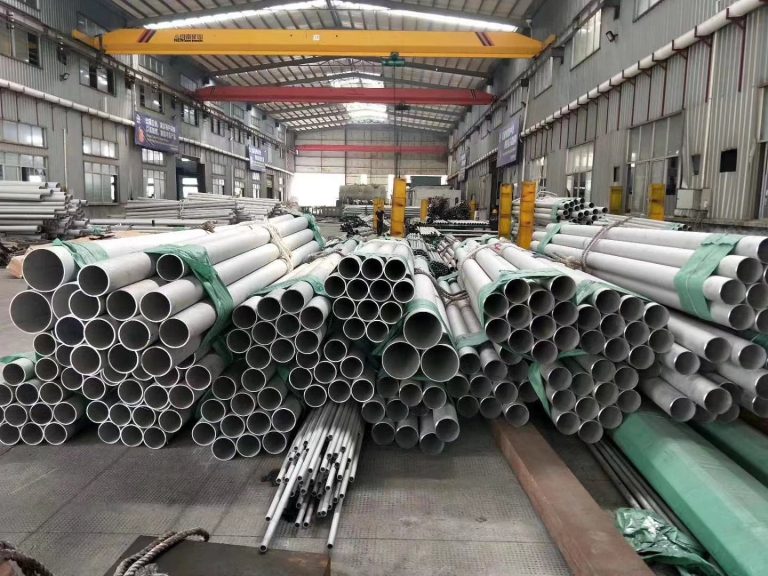Seamless Steel Pipe Supplier from China

European steel industry braces for tariff hikes
The European steel industry has taken a variety of measures to face the challenge of increased tariffs, as follows:
Trade defense
Reducing import quotas: From April, the steel import quota will be reduced by 15%, and an intelligent adjustment mechanism based on market monitoring will be established. Through the real-time steel trade data platform, when the import growth rate of a certain type of product exceeds the warning line, additional protection measures will be automatically triggered.
Upgrading anti-dumping measures: A new calculation method will be used when levying anti-dumping duties on hot-rolled steel from Egypt, Japan and other countries, and “environmental dumping” will be included in the evaluation system, laying the foundation for the implementation of “green anti-dumping”.
Improving the rules of origin: Introducing the “melting and casting” rules to plug the loopholes of changing the origin through simple processing.
In terms of industrial policy support
Change public procurement regulations: From 2026, in key areas such as defense and energy, government-purchased steel products must meet the “European content” standard.
Innovative financing methods: Europe’s “Industrial Decarbonization Bank” provides 100 billion euros for reverse auctions. When steel companies bid for government subsidies, they must commit to specific emission reduction targets and employment guarantees.
Control energy costs: Establish a dedicated electricity market for the steel industry, allowing companies to sign a 20-year fixed-price power purchase agreement with renewable energy power generators to obtain a stable energy supply.
Green transformation
Establish a special fund: Establish a 30 billion euro “Green Industrial Fund” to support the decarbonization process of the steel industry.
Build a hydrogen steel cluster: Build a hydrogen steel cluster covering the entire industrial chain to reduce the transformation risks of individual companies.
Strengthen the carbon border adjustment mechanism: It is planned to strengthen the carbon border adjustment mechanism (CBAM) by the end of this year, expand product coverage, and introduce a “carbon intensity grading” system to impose differentiated tariffs on imported steel with different emission levels.
Strengthen scrap steel recycling: Set a 70% scrap steel recycling target, and encourage policies including scrap steel export restrictions, recycling technology research and development subsidies, and the establishment of a European scrap steel trading center.


